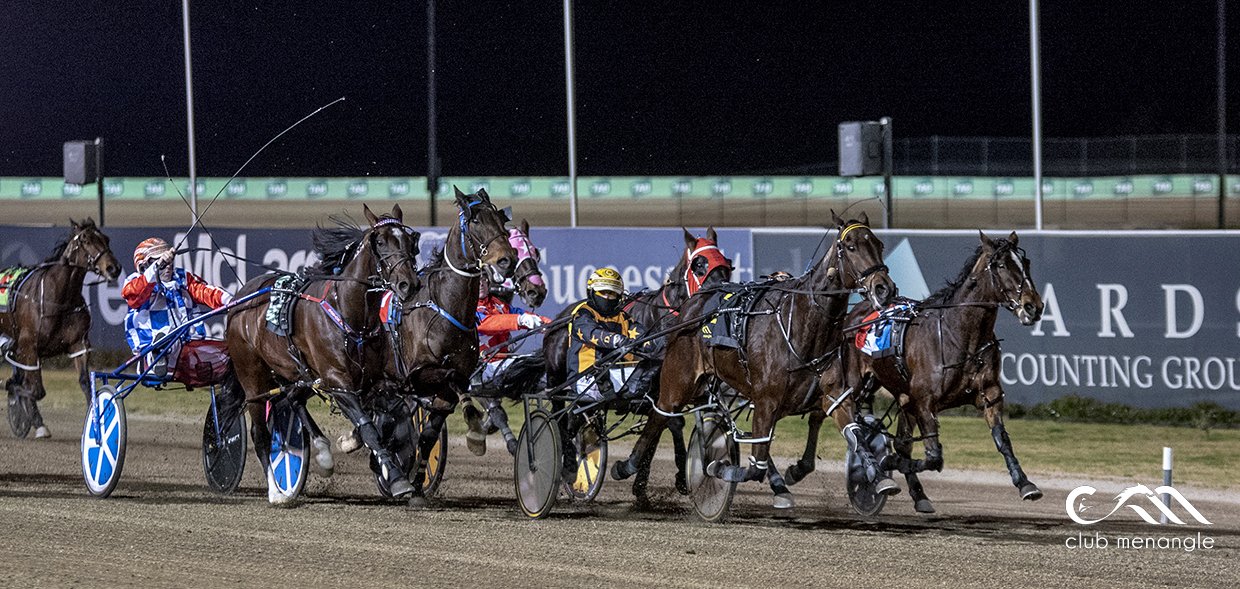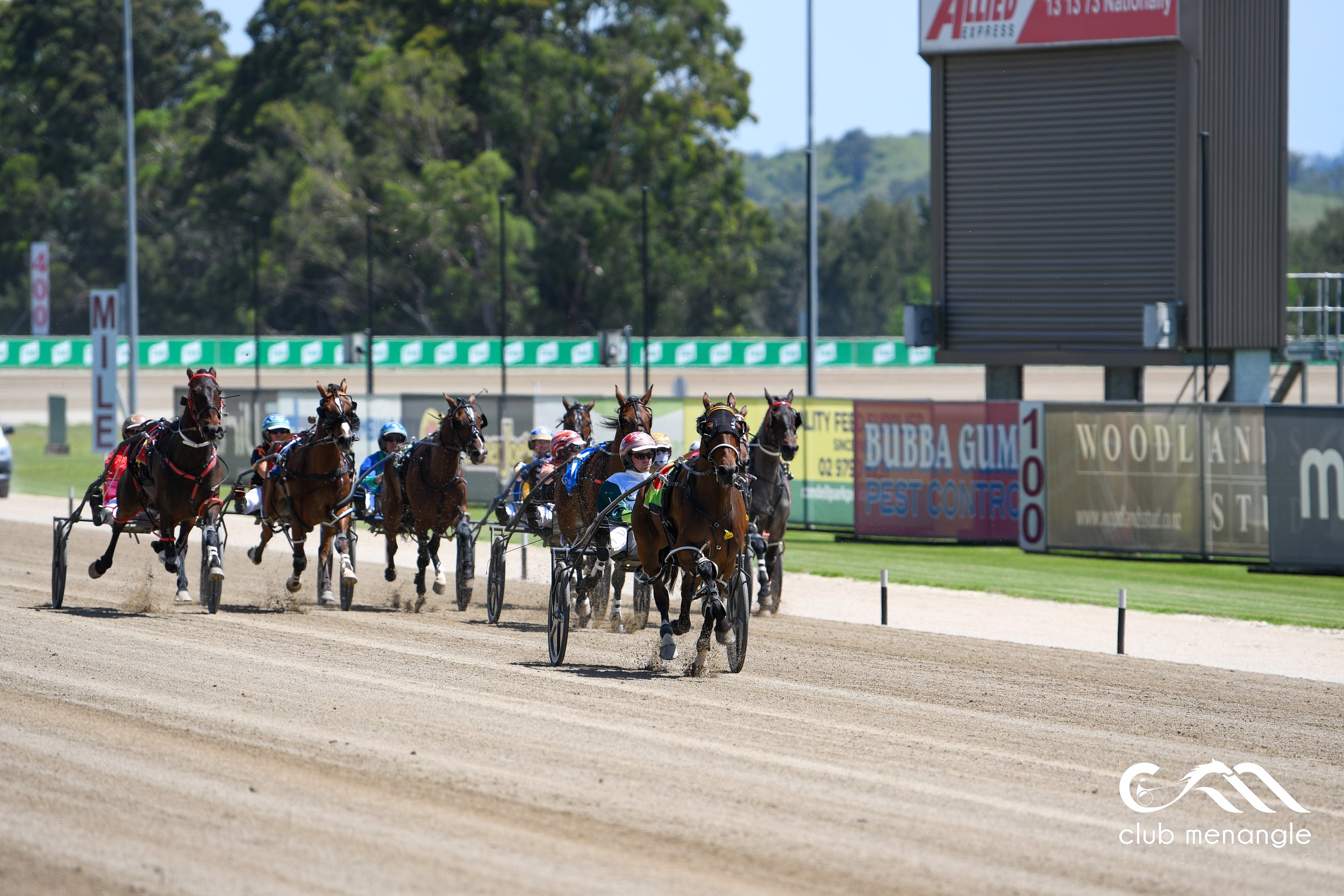Leon Jurd has been thinking outside the square for most of his forty four years in harness racing. In a remarkably diversified career, the now 61 year old has made his mark as a driver, trainer and bloodstock agent. He’s been constantly on the lookout for new horizons, always willing to try something a little different. His current business model is a prime example.
Two years ago Leon began the rare practice of buying tried horses from Western Australia. For many years the exact opposite had applied with Sydney and Melbourne agents moving large numbers of horses to Perth. Leon has been backing his judgement in selecting horses likely to be competitive on Sydney tracks. He now realises a contingency plan is necessary.
“I try them at Menangle, Penrith and Newcastle but not all measure up,” said Leon. “I’ve devised a way to give them the best chance of reaching their optimum earning potential. After a few runs in town we quickly work out where they’re going to be best suited. I’ve come to arrangements with Jack Butler in Brisbane, Nathan Turnbull at Bathurst and with Tom Ison and Stacie Elliott who race regularly at places like Tamworth, Armidale and Narrabri. In most cases those horses start to earn again.”
Leon with trotter Our Quick Cash at Menangle. He's had great success with square gaiters - courtesy Club Menangle.
Leon was born and reared at Cessnock, the son of hobby trainer Ralph Jurd who was always on the lookout for a “cheapie”. “Dad couldn’t wait for the Trotguide to arrive at the local newsagency each week,” said Leon. “He’d go straight to the classified page where three or four second hand horses would appear most weeks. He tried a dozen horses before he got one capable of winning a few races. He had a lot of fun and I got to learn the basics.”
The Trotguide Classifieds also led young Leon to his first job with an outside stable. He was the successful applicant for a position advertised by successful Badgerys Creek trainer, the late Owen Glendenning. At the time Owen was one of a handful of Sydney horsemen who were training for legendary businessman Bob Ingham. With twenty five to thirty horses in work, Glendenning was able to quickly supply Jurd’s mandatory number of trial drives. The Cessnock youngster was at the races before he knew it.
“I was one of those lucky people to win at my very first race drive,” recalled Leon. “Owen had two runners in a two year old race at Nowra and put me on Better Thor. I was a bit puzzled when he decided to drive the longer priced of the two. He told me to follow him all the way and make my run at the appropriate time. He must have thought I was waiting too long because he looked back and told me to get going. Better Thor won easily at a much better price than he would have been with Owen driving. The outcome probably pleased Mr. Ingham who was punting pretty well at the time.”
Eighteen months and a few winners later, Leon moved to Albion Park on the South Coast where he would meet Kim Hancock, daughter of high profile horseman Richard Hancock. Kim subsequently became Leon’s wife and the mother of his two children. Daughter Ashley (34) and son Blayden (36) have in turn produced four grandchildren between them. Leon later agreed to move the family back to his hometown of Cessnock where he trained a small team and supplemented his income with a job on the local waste disposal run.
Leon's unique style of training has evolved over 4 decades - courtesy Club Menangle.
Then it was a return to the South Coast where Leon was destined to spend several years working with his brother-in-law Darren Hancock. His observational powers had already begun to surface. He found himself studying the characteristics of random horses and watching races from all over the country. He had the capacity to store that information away for future reference. It wasn’t long before he was starting to put that new found talent to good use.
Leon developed a friendship with American Brent Davis who was a regular visitor to Australia in the early 2000’s - that friendship blossomed into a business partnership. For the next six years Leon and Brent operated a successful trans Pacific standardbred bloodstock business. Brent’s job was to canvas interest from American owners, while Leon concentrated on finding the right horses at the right price in Australia.
Initially the pair were selling individual horses to individual owners. That all changed when an Ohio bloodstock auctioneering company introduced a quarterly standardbred sale at the famous Delaware County Fairgrounds - home of The Little Brown Jug. “This worked really well,” said Leon. “Rather than negotiating with people all over the USA we’d put all our eggs in one basket and sell the lot. We developed a seller’s reputation and that’s the best thing a vendor can have. We sold at those auctions for six years.”
Leon then returned to Australia where he trained a small team and continued to sell the odd horse to contacts he’d made on his many USA trips. Out of the blue came a phone call from a new American owner who was anxious to race Aussie horses in his home country. “He was deadly serious and prepared to give me a bigger budget than we were accustomed to,” recalled Leon. “I think we paid over $50,000 for the very first horse we found for him. He was happy for us to race all of our purchases in Australia until he was ready to fly them over. He agreed to a deal whereby I would receive half of any prize money won here.
“It turned out to be a good deal. We won a good number of races with horses like Chip And Gale, Prodigious, Parawanga and Barrington Belle. Parawanga finished up winning another $500,000 in America. Barrington Belle was one of several horses we purchased from Tasmania’s Barry Rattray and she did a super job while waiting for shipment to America. She won three races at Harold Park and got $10,000 for running third in a Gr 1 Ladyship Mile. Like most good things that little business ran its course, but was a great experience while it lasted.”
Leon has enjoyed success as a trainer, driver and bloodstock agent - courtesy Club Menangle.
Around 2004-2005 Leon directed his attention to the purchase of trotters on the suggestion of his old American friend Brent Davis. He identified a number of square gaiters at home and in NZ for eventual export to the USA. One of his purchases was the talented Sunrise Bay who won several races at Harold Park before being shipped out. During this period Leon lobbied hard with Harness Racing NSW for a prize money restructure on trotter’s races. “A lot of those old trotters don’t win very often but often plug into a place,” he said. “I believed a reduction in win prize money and an increase in place stakes gave the trots owners an opportunity to stay in business. It finally became a reality and within months more trotters began to appear.”
Next adventure for the enterprising Jurd was a serious involvement in the rapidly emerging “claimers” craze in Sydney. Discerning horsemen like Leon Jurd kept a close watch on claiming races all over Australia. It’s a risky business putting in a bid for ancient geldings who’ve got a million miles on the clock, but Leon became somewhat of a specialist in the field. All you can do is talk to contacts in the state from which you’re buying, and run the race replays in search of the slightest degree of lameness or intractability. Jurd’s diligence paid off time and time again. He and associate Rex Horne had an enviable run with a string of hardened old warriors sourced from claiming races all over the country. A Passion For Aces, Ronald George, Controversial and Pump the Brakes were just some of an endless cavalcade of veterans who between them earned substantial prize money.
One of Leon's many wins with veteran claimers. Controversial (David Morris) wins at Menangle 01/09/2018 - courtesy Club Menangle.
In recent years Leon has formed a very workable business partnership and valued friendship with the now retired Rex Horne - former NSW Harness Racing Club President and Harness Racing NSW Chairman. “The deal is simple,” says Leon. “Rex takes care of the administration side of our partnership, while I source potential purchases. He told me recently that we’ve won a total of ninety races together since the arrangement was formulated.”
Leon and Rex became firm friends in the aftermath of the sale of Harold Park and the move to Menangle. With the construction of many new facilities still a long way off, it was a simple case of making do with what they had. Volunteer labor was enlisted to bring existing facilities up to scratch. Leon was one of a number of locals to offer his services while Rex Horne himself led the contingent of devotees who worked a miracle in making the place respectable for the resumption of racing. When the impressive new grandstand was finally completed it was very fittingly named the Rex Horne Stand. No honour has ever been more richly deserved.
Perhaps Leon Jurd’s alternative training methods are the principal reason for the “rebirth” of some of the old claimers who’ve found their way into his stables. Leon races his horses fairly regularly, but works them in a way many conventional trainers would shun. “Some of these old horses have had a hundred or more starts and know nothing other than jog and hopple,” he says. “Many of them are in the cart every day. The same old routine day in and day out. Always going around a circular track. My horses are never in the cart between runs.”
Another winner for the Rex Horne/Leon Jurd partnership. Join The Queue (Chris Geary) wins at Menangle 14/13/2021 - courtesy Club Menangle.
“I use the Menangle Aqua Gait water walker fairly often, while trackwork is replaced by treadmill sessions. I bought a fantastic treadmill recently out of Victoria which was actually built for thoroughbreds. It’s longer and wider than most of the treadmills you see in racing stables. It’s computerised and gives me a wide range of options regarding speed and incline. Except in special circumstances my horses don’t see a gig or a set of harness until race night. I know my methods won’t suit every horse but I’m convinced the majority of older horses appreciate the change.”
Leon is also an exception to the rule when it comes to feeding. He’s a dedicated user of corn and lupin products while he prefers hay to chaff. “Call it unusual if you like, but to me lucerne hay is much more like natural pasture than lucerne chaff,” said the Menangle trainer. “It’s all about personal opinion and I won’t be changing.”
The Jurd trained Faire La Fete (Chris Geary) beats Loui (Ross Adams) 22/06/2021 - courtesy Club Menangle.
The Leon Jurd show will roll on with very few changes. He’ll be watching his Sky Racing monitor pretty closely just in case he spots some horse somewhere who might fancy a treadmill and a generous supply of prime lucerne hay. He’ll be carefully monitoring the progress of newly acquired horses as he decides whether they should stay in town or head elsewhere.
If he needs a second opinion he’ll draw on the wisdom of partner Janice who’s been around harness horses almost as long as he has.
“If you always do what you always did, you’ll always get what you always got.” That philosophical gem is attributed to none other than the iconic physicist Albert Einstein who died in 1955. The quote espouses Leon’s theory that battle weary old horses sometimes respond to a complete change of routine. You can’t do much better than having Albert Einstein onside.
Radiant Amber (Stephanie Morris) wins at Menangle 22/02/2022 - courtesy Club Menangle.
(Banner image - One of Jurd's more recent WA purchases Highview Sadler (Stephanie Morris) wins at Menangle 18/01/2022 - courtesy Club Menangle.)








